Wanted: Progressive or curious organisations interested in Unconscious Bias and it’s impacts on decision making, recruitment, diversity and workplace culture.
I’m offering 60-90 minute workshops in October and November as part of the Do It In A Dress Campaign. Google has made their Unconscious Bias Workshop Materials available on a non-commercial basis. A perfect opportunity to raise funds to help educate girls in Africa while delivering the workshop to workplaces in Melbourne….in a dress.
Why? Here’s the backstory. I have the privilege of a university degree. Yet I have experienced discrimination. Much of it subtle ‘micro-exclusions’ and some speculative. I have also discriminated against others, that’s another blog post to come. I’ve learned a lot in exploring this stuff, and as it comes to the surface, we can do something about it.
After reading the research in preparing to deliver Google’s Unconscious Bias at Work presentation, I started to think about my own experience. Job hunting is difficult at the best of times, a few years ago I looked for work, sent out 25 applications and got one call back.
A study called “Are Emily and Greg More Employable than Lakisha and Jamal? A Field Experiment on Labor Market Discrimination.” in The American Economic Review showed that non-English sounding names on job applications took 50% less likely to get a call back for an interview. I have an aboriginal first name and an English surname. And my name sounds more like an address than a name.
In reading the study, I couldn’t help but wonder. Sure, there are a million other reasons why I might not get a call back, and earlier in my life, I might have chalked it up to ‘not being good enough’, but today I’m acutely aware that the playing field is far from level.
Another time looking for work after several years of not needing to, my CV needed a serious update. I decided to put a photo on my CV. Then, someone I trust suggested removing it, “Don’t give them any reason to make assumptions and discriminate against you.” I was a bit floored. I couldn’t imagine my photo would attract discrimination, but I respected the advice and I took the photo off.
I’ll never know if I was discriminated against because of how I look, my gender expression, or the fact that I didn’t grow up here and don’t have a recognisable school to be assessed by. Because ‘Unconscious Bias’, is by nature, not in our conscious awareness and it’s only coming to the surface through research like the study above and the work done by Google’s re:work. Through what’s been termed ‘unbiasing‘ are we starting to see the impact of unconscious bias on the decisions we make, the people we hire, promote and include or exclude.
I know that the privilege I have in being able to read and understand (mostly) the scientific research gives me an advantage. My inquiry into the impact of unconscious bias is something I can use for the benefit of others, by helping people understand how unconscious bias affects our workplaces, and raise money to educate girls in Africa at the same time. Oh, and to do it in a dress… are you ready?
Who is behind Do It In a Dress? If you haven’t listened to Tall Poppy episode 35 with founder Chantelle Baxter. Here’s what you need to know. One Girl has a goal to change the world through educating a million girls in Africa through scholarships, business training, school facility funds and an initiative to address specific barriers that keep girls out of the classroom. They target countries like Uganda and Sierra Leone where girls are more likely to forced into child marriage than finish school. Educating girls improves the economy (and arguably, society) more than any other investment. In 2016 over 5700 women and girls were reached by funds raised through One Girl. Sound like the kind of thing you’d like to contribute to?
Here’s how:
In opting for the later, contact me and I’ll send you an information sheet with the details you need and how we can work together to make it the best possible experience for all involved.
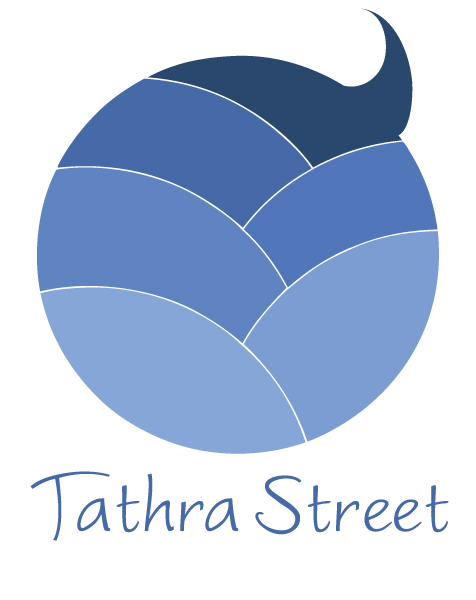
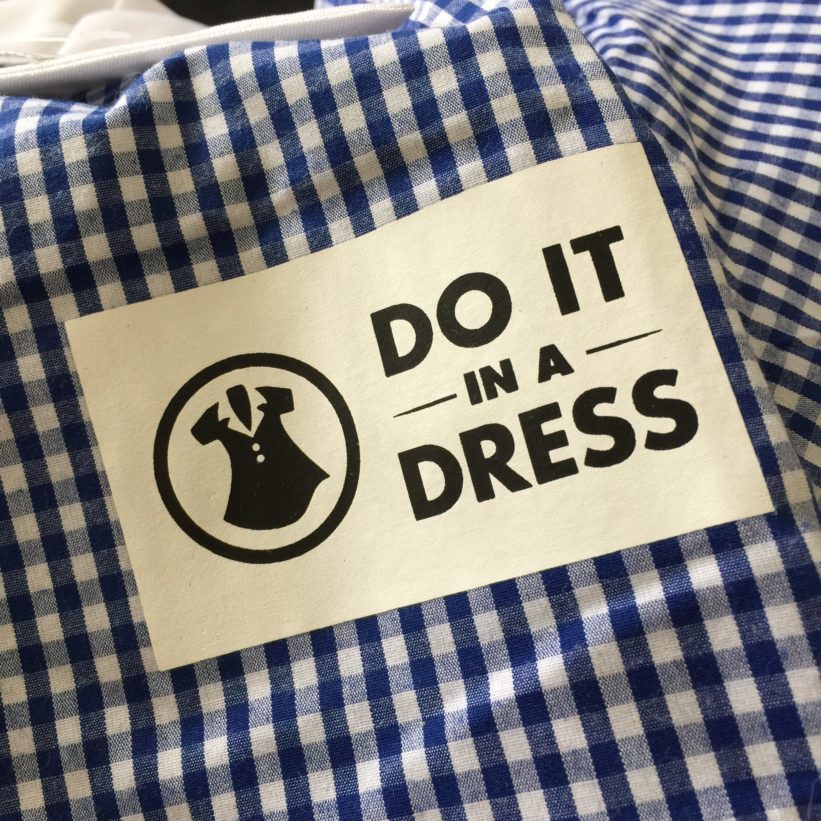
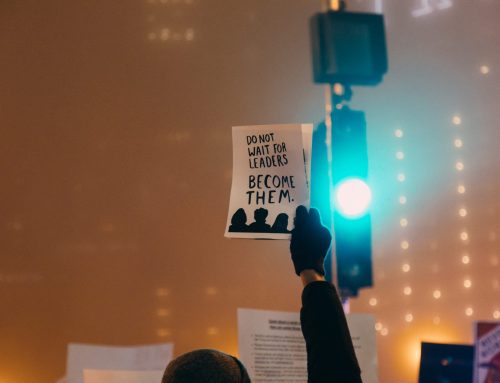
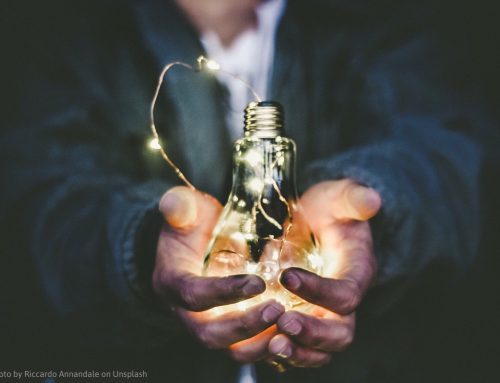
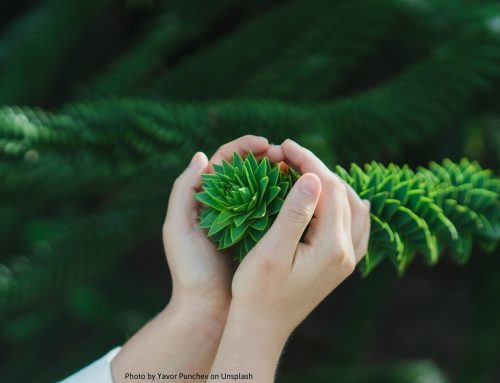
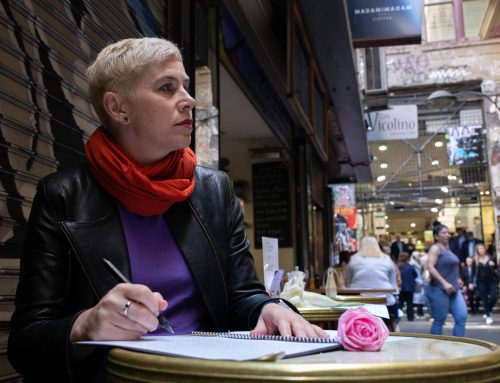
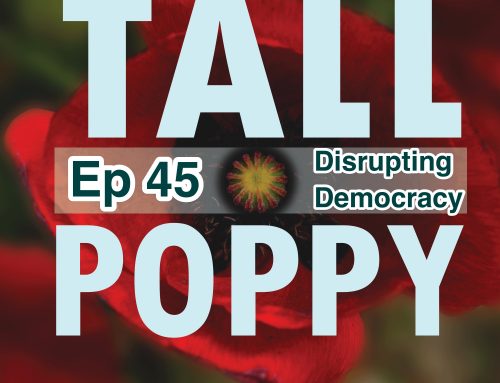








Leave A Comment